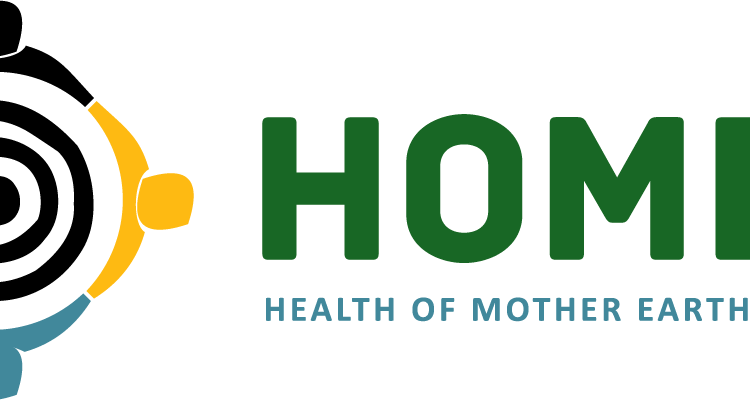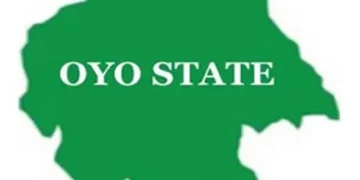The Alliance for Action on Pesticides in Nigeria (AAPN), Health of Mother Earth Foundation (HOMEF ), and HeinrichBoll Stiftung have called for comprehensive pesticide regulation in the country.
The Director of programs HOMEF, Joyce Brown, made the statement in a media briefing yesterday in Abuja.
She said that the group had come together to advocate for government policies and actions to address the challenges of pesticides and germs in foods and promote the country’s macroeconomy.
Joyce said that pesticides are hazardous and should not be allowed to be accessible easily. Hence, there should be licenses for people wanting to purchase pesticides to prevent wrong use.
Also, one of the keynote speakers, Professor Simon Irtwange, Department of Agricultural and Environmental Engineering of the Federal University of Agriculture, Makurdi, said that the group has come together to advance pesticide regulation in the country for better accountability.
He said the stakeholders need to come together to speak on the pesticide control bill and the proposed review of pesticide registration regulation with principles, guidelines and provisions centred on people’s safety for economic development.
He stressed that the bill is designed for and by Nigerians with a robust stakeholder input.
Irtwange said, “There have been a lot of records in this direction, and all these efforts have been captured in our previous publications and as civil society organisations, we came together, and we examined all the efforts that have been made previously and identified the gaps, and came up with a model pesticide control bill, which we expect National Assembly, to take the faster rule of legislation, to sanitise the pesticide space in Nigeria.”
“All the support started in 2019, where we have the national Fertilizer Quality Control Act number 23 rules of the Federation, domicile in the department of Farming Group support services of the Federal Ministry of Agriculture and Rural Development.”
“Two years later, in 2021, there was a plea for an act to provide for establishing the Nigerian Pesticide Council. Related matters for Nigerian Pesticide Council: In 2021, the bill went through first reading and second reading, there was a public hearing and technical committees, and AAPM actively participated in these activities in 2022.”
“We have to look at our environment and make sure that whatever we come up with is structured to meet the yearnings of Nigerians.
“For us to make Nigeria great again, we must focus on what is best for citizens of the country with the capacity to sit down and draft legislation that will serve the purpose of Nigerians with a robust stakeholder input.”
“Looking at the bill, there is the establishment of a pesticide Technical Committee, which brings in all the relevant agencies of government to address the rivalry within them.”
“What we have done is bring all of them together to say, look, we can work together to enhance harmony in the system for proper production and safety of our foods for sustainable development in the country.
“If we don’t do something very quickly and develop strategies to address the issues we face, we may have a big challenge going forward.”
He emphasised the need for a scientific approach to Pesticide Regulations to ensure people’s safety and produce wholesome food.
For his part, Ikenna Donald Ofoegbu, the Programme Manager of Heinrich Boell Foundation and Coordinator of AAPN, said that 80% of farmers have no professional training on how to correctly measure the amount of pesticides they need to apply, which results in a high number of deaths in the country.
He said, “70% of Nigeria’s food exports that leave our shores and our farms to markets in Europe are rejected due to safety issues, part of which are pesticides.”
“Manufacturers and the producers give so much on the narrative that without this chemical, you cannot feed, you cannot farm.”
He further said that the committees should examine how to coordinate the agencies and stakeholders to ensure the responsible use of chemicals in the country.










